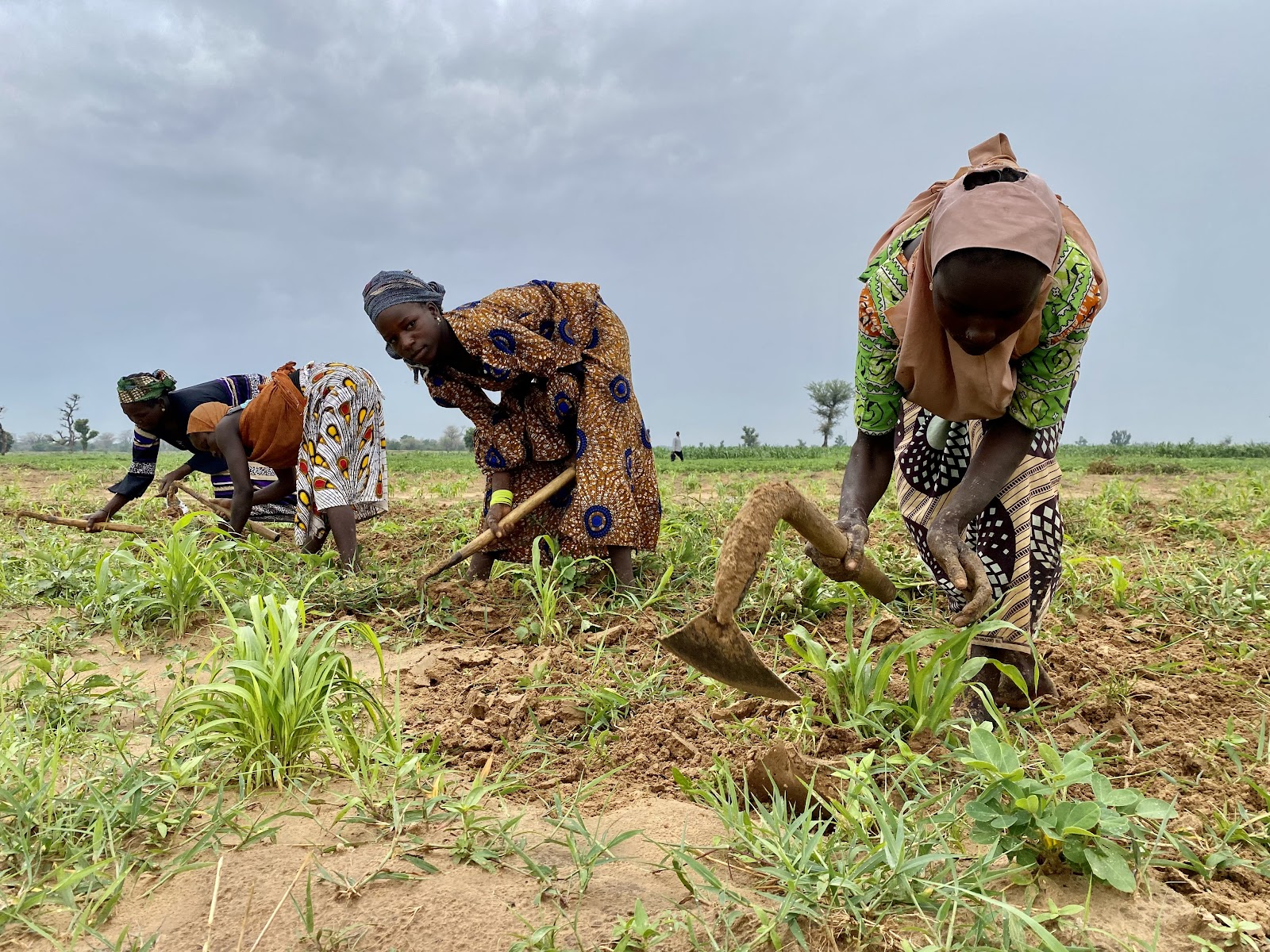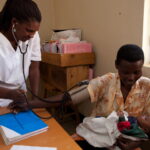Agriculture has always been central to Nigeria’s economy, yet for decades, it remained underpowered. Despite employing billions, the sector has struggled with insecurity, low productivity, and poor infrastructure. Successive governments made lofty promises but delivered limited structural change.
Now, the tide may be turning.
At the UN Food Systems Summit Stocktake in Addis Ababa, Vice President Kashim Shettima announced that Nigeria has committed $538.05 million to the first phase of the Special Agro-Industrial Processing Zones (SAPZ) programme.
This move is not standalone. He also unveiled a 10-Year Strategic Action Plan (2026–2035) to reposition agriculture as a youth-driven, industrial-scale engine for growth.
The SAPZ programme, developed in partnership with the African Development Bank, IFAD, and the Islamic Development Bank, is expected to attract $1 billion in investments by 2027. It is already delivering impact, with over 785,000 jobs created and infrastructure being deployed across priority regions.
What sets this apart from past initiatives is the scale and intent.
In addition to SAPZ, the Federal Government has recapitalized the Bank of Agriculture with N1.5 trillion ($1 billion) to support young farmers and agribusinesses. Through this, qualified youth can access up to N1 million in loans, fuelling entry into high-potential areas such as poultry, aquaculture, cassava processing, and greenhouse farming.
But funding is just one layer. A national Agricultural Sector Working Group and Technical Committee are now in place to coordinate the plan’s execution. The aim is to embed youth participation at every level from policy design to agritech innovation.
Nigeria is also investing in mechanization. In collaboration with John Deere, the government is rolling out 10,000 tractors over five years, targeting more than 550,000 farming households. Already, 2,000 tractors have been launched through a $70 million investment, covering over 550,000 hectares of land.
There’s a clear shift from raw production to processing. SAPZs are designed to cluster agricultural industries around rural communities, enabling value addition at the source. The government is determined to end the cycle of exporting raw materials and importing finished goods.
If this succeeds, Nigeria could drastically cut its over $10 billion annual food import bill, improve trade balance, and build self-reliant rural economies. More importantly, it could give young people a reason to stay in agriculture and by extension, Nigeria.
Beyond infrastructure, Shettima highlighted reforms around security and land access. Farmers must be able to work without fear. He also pushed for regional cooperation to recharge the Lake Chad Basin, expand irrigation, and prepare for climate shocks.
Emergency school feeding in conflict areas and investments in national food reserves are part of a broader resilience strategy. This will bring about peace, livelihoods, and long-term national security.
By making youth central to its agricultural future, Nigeria is betting on its greatest demographic advantage with its bet backed by financial resources and structural planning.
This time, the promises may finally take root.
Nigeria is making a significant shift in its agricultural sector, traditionally underperforming due to insecurity and infrastructural challenges. Vice President Kashim Shettima announced a $538.05 million investment in the first phase of the Special Agro-Industrial Processing Zones (SAPZ) program, aiming to rejuvenate agriculture by 2027 with $1 billion in investments and over 785,000 jobs created. This initiative is part of a broader 10-Year Strategic Action Plan (2026-2035) that seeks to align agriculture with youth and industrial expansion.
The SAPZ program, in collaboration with the African Development Bank, IFAD, and the Islamic Development Bank, aims to foster comprehensive agricultural growth through youth involvement, significant investments in mechanization, and a shift from raw production to value-added processes. The government has also recapitalized the Bank of Agriculture with N1.5 trillion to support young farmers, offering loans to fuel ventures in diverse sectors like poultry and cassava processing.
Furthermore, Nigeria plans to deploy 10,000 tractors in collaboration with John Deere, extending support to over 550,000 farming households. This effort aims to significantly reduce Nigeria’s annual $10 billion food import bill and promote self-reliant rural communities. Emphasizing security and land access, the plan also addresses emergency food needs in conflict zones and incorporates climate resilience strategies to ensure long-term food security and economic stability. This comprehensive approach positions agriculture at the heart of Nigeria’s economic future, empowering the youth and enhancing national growth prospects.






